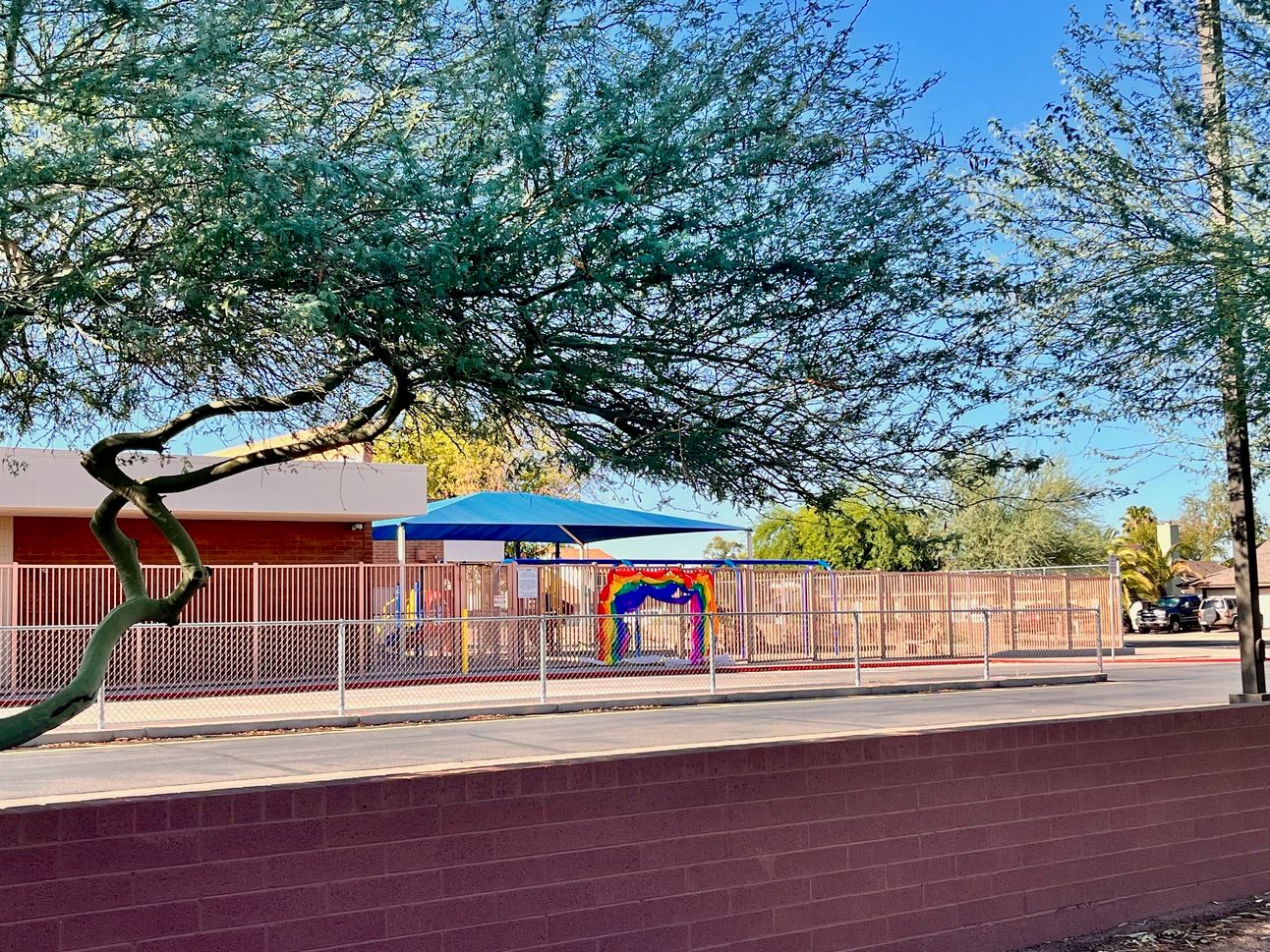I finished reading Touched Out by Amanda Montei early this week before the crisis in Israel and Palestine became all I could think about. In her book, Amanda quotes Silvia Federici, "At its best, one of the most creative activities is being involved in a struggle with other people, breaking out of our isolation, seeing our relations with others change, discovering new dimensions in our lives."
Framing being part of a group struggle as a creative act makes immediate sense to me, and I think it probably does to anyone who's part of a family, a friend group, a religion, etc. It's a great struggle to remain a group, too, sometimes. That's why it isn't uncommon for people who were once close to become strangers or enemies.
I've written about how this newsletter is a space for me to claim and explore the topic of food and the power of writing about what I'm cooking. But what about the weeks when I'm barely cooking, relying on a rotation of cheap carbs and convenience foods because my brain and heart are devastated? I think I'm actually writing first about hunger, for food, yes, but also for safety, connection, and love. Estrangement from each other, from the land, from mercy and justice prevents the satisfaction of our universal hunger.
Estrangement, hunger, and violence are connected. The Palestinian and Jewish peoples' individual and collective hunger for safety. The violence of self-defense and preservation. My voice, that of a white American who's neither Jewish nor Palestinian, is only what it is. And yet, it is always right to condemn racism, antisemitism, and violence. It's always right to examine my own complicity, the stories my country teaches for its own gain, and the deep suffering of humankind.
I think a lot about estrangement and its many different levels. In my research on Arizona and the surrounding regions, I’ve come to believe that estrangement played a part in the history of white settlerism in the West and impacts how things are now. The story often taught is that white people went west with visions of adventure and opportunity. I think some fled or were driven out of their lives on the East Coast, where they were discriminated against and couldn't find work. They went west because they were in pain and leaving was the best option. They felt entitled to take whatever they wanted to satisfy their hunger for prestige and security–including the land and lives of the indigenous communities they met.
Later in Touched Out, Amanda writes, mentioning another excellent book, "In Essential Labor, Angela Garbes writes that parenting is fundamentally inefficient, inherently at odds with a culture obsessed with productivity and quick fixes. This is true for all care work, and all political change. The results of our everyday labors may be slow and steady, but they will come eventually. Care takes time."

Reading - Cultivating Food Justice, edited by Alison Hope Alkon and Julian Agyeman, and The Sexual Politics of Meat by Carol J. Adams. I also just got Company by Shannon Sanders in the mail and am excited to read it.
Writing - Questions for an upcoming interview with Lexi Kent-Monning about her excellent book The Burden of Joy (Out Nov 1 – pre-order!) and some fun pitches that I hope pan out.
Cooking – Rice, pasta, sandwiches. I just bought tofu and have plans to make something delicious.